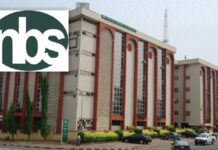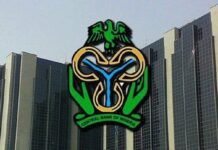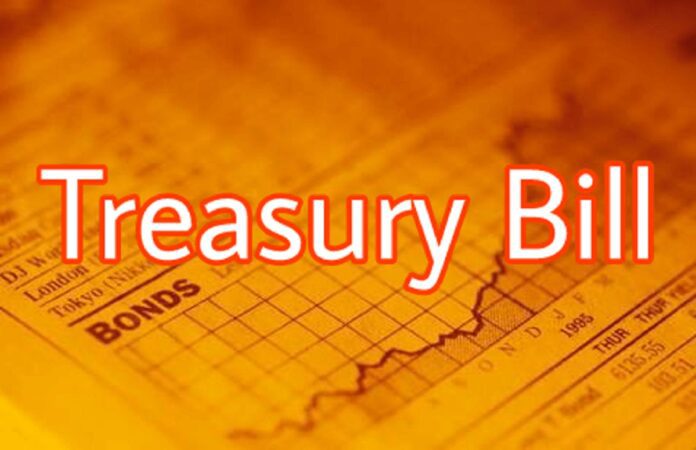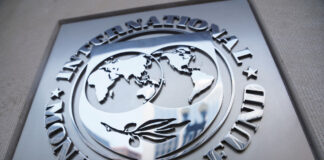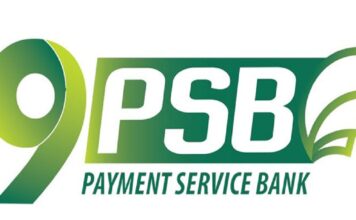Treasury Bills Yield Slides to 14.31% Ahead of Inflation
The average yield on Nigerian Treasury bills slid 7 basis points (bps) to settle at 14.31% as a bull surface in the secondary market for government short-term borrowing instruments.
The fresh buying interest recorded midweek dragged yield downward amidst higher inflation expectations for the month of October, according to Broadstreet analysts’ estimates.
Recall that Nigeria’s inflation rate accelerated to 26.72% in September 2023 despite the monetary policy tightening by the Central Bank of Nigeria -CBN.
But then, the fixed income market has seen yield repricing in recent times due to a shift in risk sentiment. Critics call it financial repression as debt agencies continue to sell borrowing instruments at lower rates to investors.
However, experts maintain the position that buying government instruments need not attract higher returns. There is however an ongoing debate among fixed interest securities traders about whether the government should borrow below the inflation rate.
Nigeria’s benchmark interest rate has also increased steeply since the first half of 2022 to 18.75% amidst uncertainties in the economy.
Market Data showed that the average yield contracted by 7 basis points to 14.31%. Explaining the trend in the secondary market, Cordros Capital Limited said across the curve, the average yield declined across the short (-38bps), mid (-1bp) and long (-1bp) segments.
This happened following demand for the 15-day to maturity (-151bps), 169-day to maturity (-1bp) and 351-day to maturity (-1bp) bills, respectively.
Similarly, the average yield dipped by 1bp to 15.9% in the OMO segment due to increased buying interest in the space amidst a liquidity squeeze in the financial system.
Key money market rates, including the open repo rate (OPR) and the overnight lending rate (OVN), increased by 0.18% and 0.13% to 16.50% and 17.42% respectively.
In the secondary market for Nigerian Treasury Bills, trading activity was bullish as the average secondary market yield declined by 7bps to close at 14.31%, which reveals that there was healthy demand at the T-Bills auction today.
The secondary market for FGN Bonds was slightly bearish at the close of the trading session on Wednesday as the average yield inched higher by 1bp to 15.76%.
